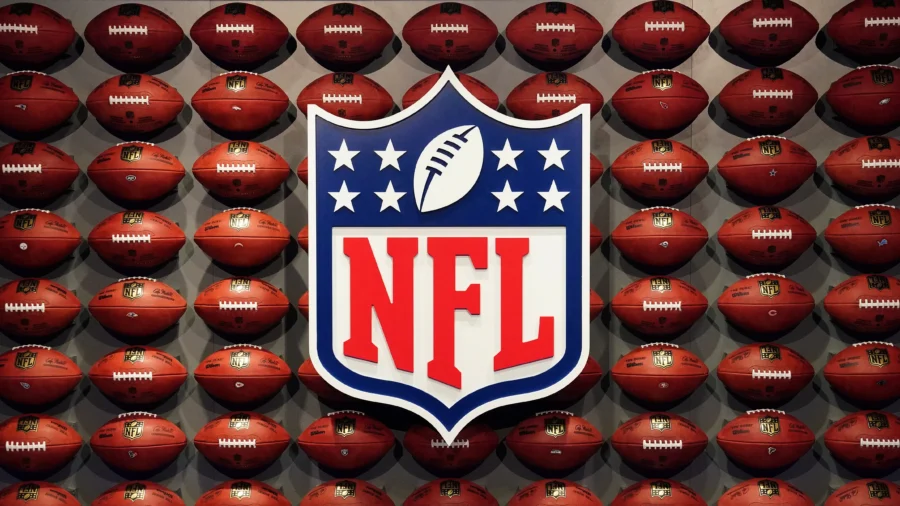A U.S. judge in California on Thursday threw out a $4.7 billion verdict against the National Football League in a lawsuit claiming it overcharged subscribers to its Sunday Ticket game telecasts for more than a decade.
The ruling by Los Angeles-based U.S. District Judge Philip Gutierrez followed arguments by the NFL that the verdict was unjustified and the result of a “runaway” jury.
The NFL in a statement said it welcomed the judge’s ruling. “We believe that the NFL’s media distribution model provides our fans with an array of options to follow the game they love,” the NFL said.
Lawyers for the subscribers did not immediately respond to requests for comment.
“Sunday Ticket” is the only broadcast option for NFL fans who want to watch their teams play out-of-market games. The subscribers alleged “Sunday Ticket” prices were inflated to limit subscriptions and protect distribution rights fees that broadcast networks paid to air games in local markets.
Gutierrez in his 16-page order threw out the testimony from two key witnesses for the subscribers. He said the jury’s damages verdict was otherwise unsupported by the evidence and ruled that were too many defects in the case for it to proceed at all.
“Plaintiffs failed to provide evidence from which a reasonable jury could make a finding of injury and an award of actual damages,” Gutierrez wrote.
The court’s ruling granting judgment as a matter of law to the NFL can be appealed to the San Francisco-based 9th U.S. Circuit Court of Appeals.
A Los Angeles federal jury said in its June 27 verdict that the NFL had restricted the availability of “Sunday Ticket,” allowing DirecTV to charge artificially higher prices as its former sole distributor. DirecTV was not on trial.
The jury awarded $4.6 billion based on 24.1 million residential subscriptions throughout the 12-year class period, and $96.9 million based on about 506,780 commercial subscriptions for bars and restaurants.
The NFL in a court filing called the damages amount “nonsensical” based on the evidence the jury was allowed to consider and denied subscribers were overcharged.
The subscribers countered that the NFL based its arguments on “pure conjecture” into the jury’s reasoning and said there was no evidence the jurors relied on evidence they were told to ignore.
U.S. antitrust law allows for the tripling of damages awards, which could have potentially increased the value of the verdict to $14 billion.
By Mike Scarcella

